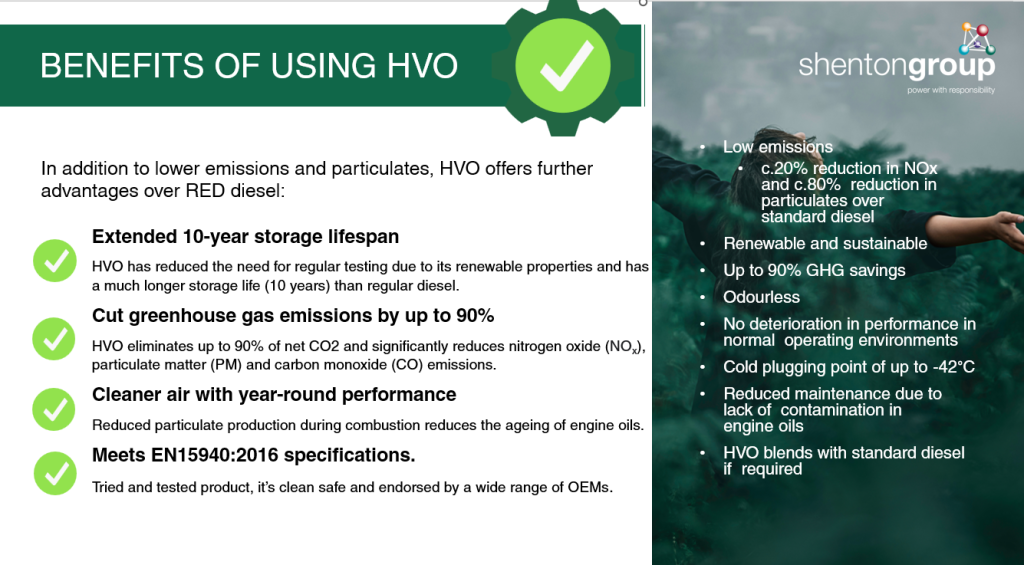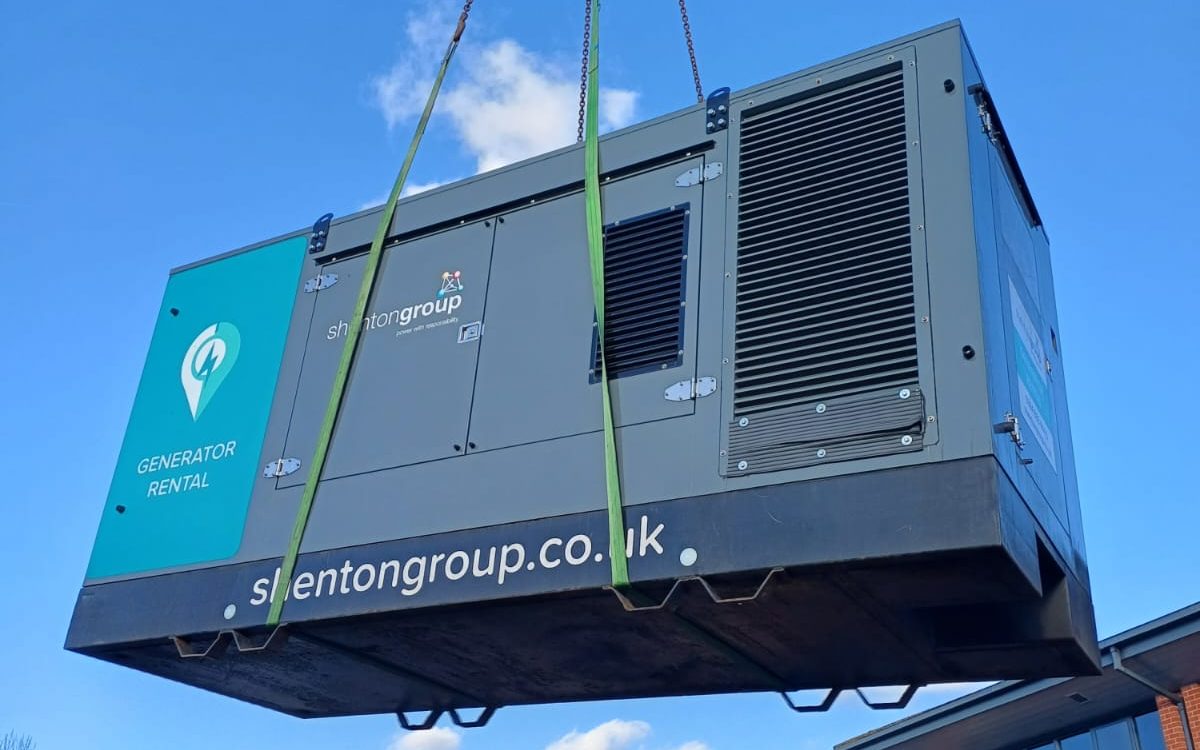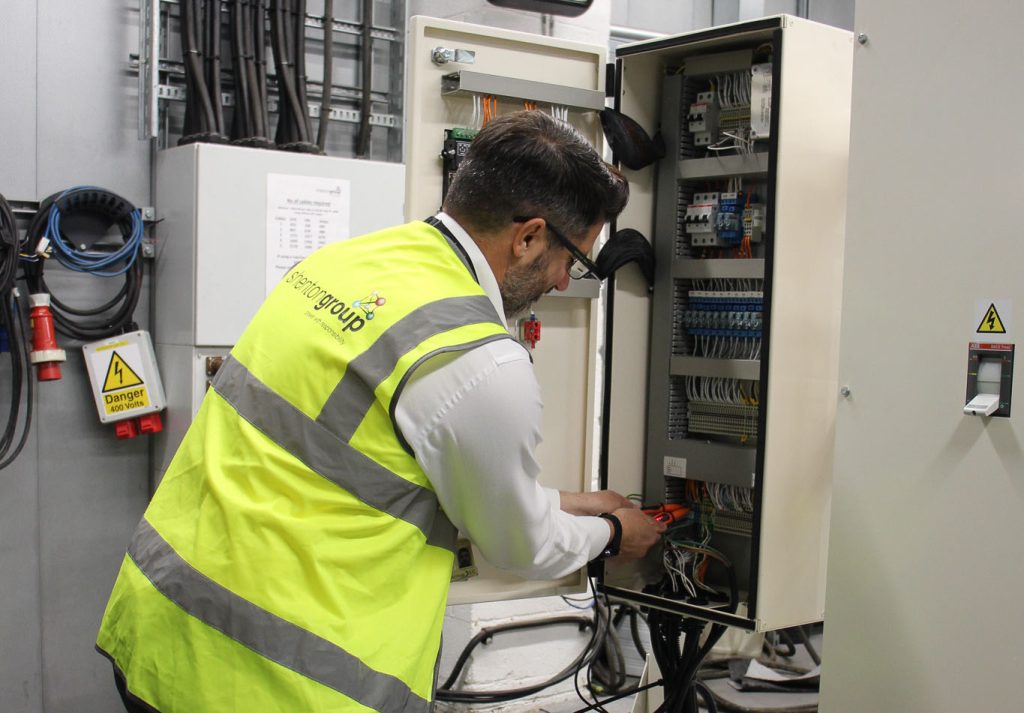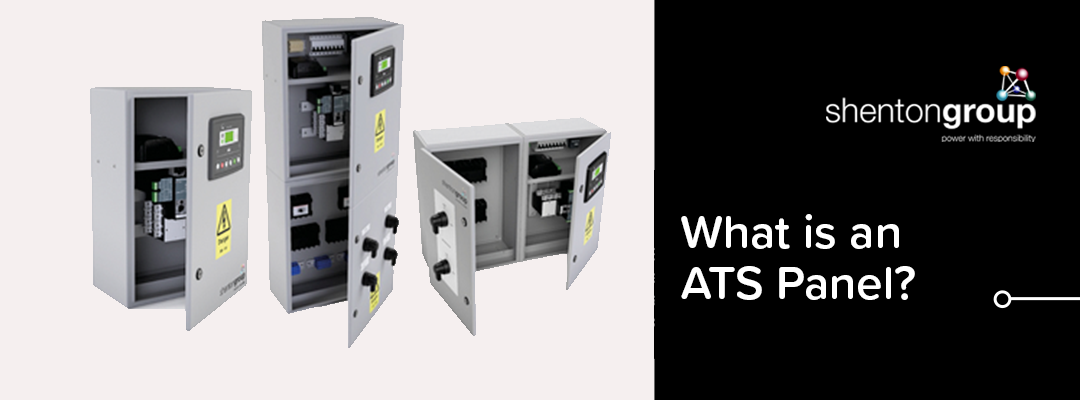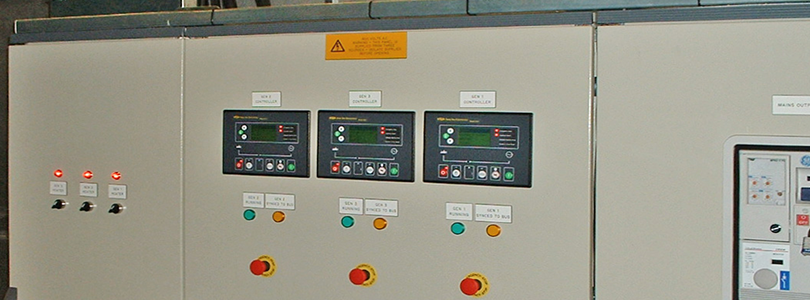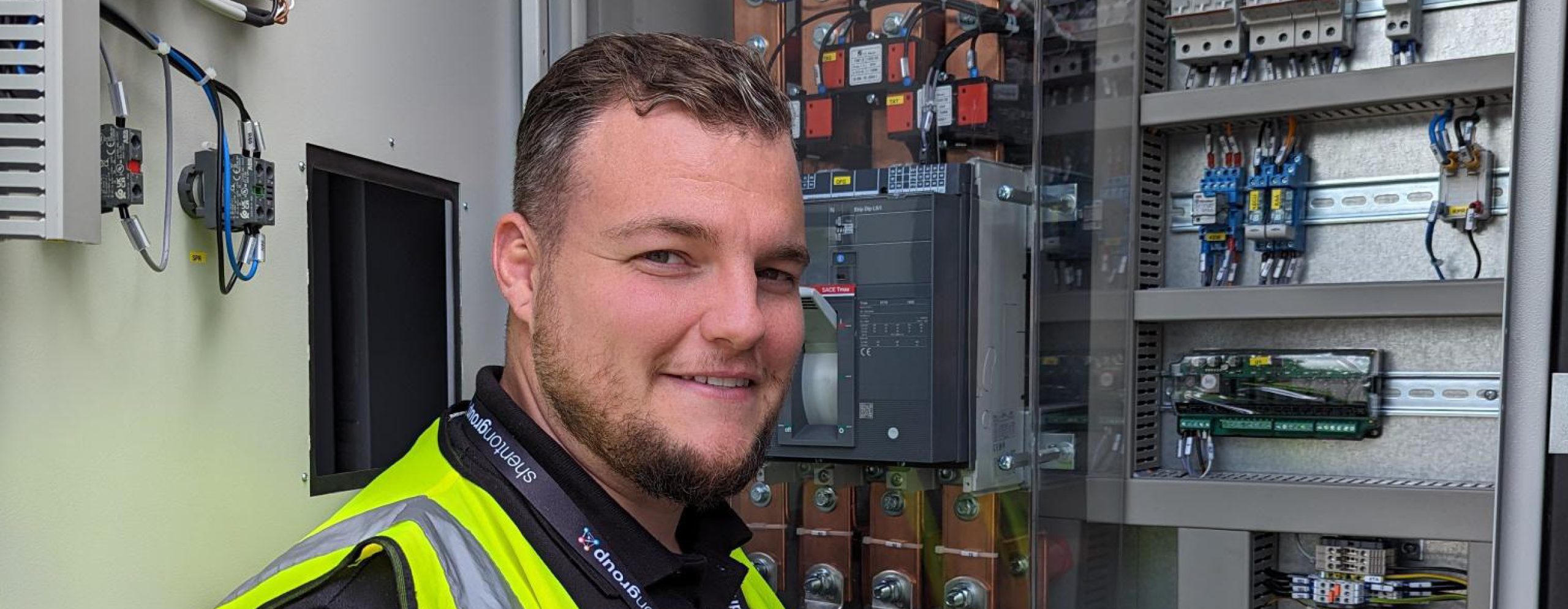Embracing Change in Workplace Safety
Times are changing, and while safety measures have always been crucial, there is a growing recognition of the importance of prioritising health alongside safety. Historically, safety took the forefront, focusing on preventing immediate harm or incidents. However, it’s not just about avoiding visible injuries; it’s about safeguarding our long-term health. For example, acknowledging health risks such as hearing loss from working in loud environments. For those who work in these types of settings, it was almost the norm to accept that losing your hearing comes with the nature of the job. However, there is now an increased focus on creating safer, healthier workplaces that prioritise our health both now and in the future.
Holistic Approaches to Worker Safety and Health
This shift reflects a broader trend toward holistic approaches to worker safety and health. It’s about integrating health considerations into our risk assessments and safety protocols.
For example, in an engineering setting, a holistic approach might involve implementing comprehensive noise reduction strategies in addition to providing personal protective equipment like earplugs. This could include opting for quieter machinery, designing workspaces to minimise noise production, and creating designated quiet zones for breaks. By addressing the root causes of noise pollution, rather than just the symptoms, this approach helps to safeguard workers’ hearing and overall well-being, ensuring a healthier and safer working environment.

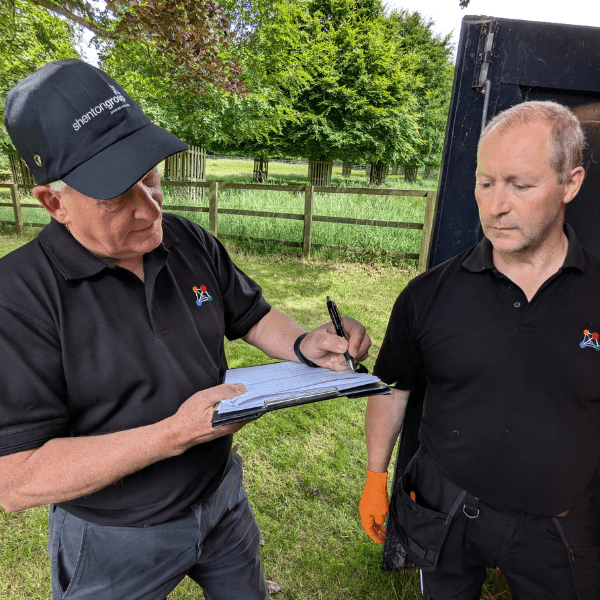

Long-term Health Risks
Long-term health risks in the workplace can significantly impact employees’ well-being, encompassing a wide range of issues from chronic diseases to mental health disorders. Prolonged exposure to loud noise in industrial settings can lead to permanent hearing loss, while repetitive motion tasks in office environments can cause musculoskeletal disorders like carpal tunnel syndrome. Inhaling harmful chemicals or wood dust particles in manufacturing can result in respiratory diseases or cancer, and constant stress in high-pressure jobs can lead to cardiovascular problems and mental health issues such as anxiety and depression.
Mitigating these risks involves a comprehensive approach that includes regular health screenings, ergonomic assessments, providing protective equipment, and implementing effective ventilation systems. With an increased focus on mental health, more employers promote a healthy work-life balance, with mental health support becoming increasingly available. By addressing these areas, organisations can protect their employees’ health and enhance overall productivity and job satisfaction.
Safety & Health Management
Health Re-focus
Health and Safety Executives (HSEs) are dedicated to prioritising employee welfare. They assist businesses in enforcing standards to prevent workplace hazards and promote best practices that support both physical and mental health, in line with guidelines set by global committees. Recently, there has been a clear shift toward focusing on long-term health.
ISO 45001 Compliance: Taking the Next Step in Workplace Safety and Health
For businesses looking to take the next step in prioritising health and safety, ISO 45001 compliance offers a clear and effective pathway. ISO 45001 is an international standard for occupational health and safety management systems that encourages a comprehensive approach to creating safer workplaces. By adhering to this standard, organisations can systematically identify and mitigate risks while promoting overall worker well-being.
To comply with ISO 45001, companies must implement systematic processes to manage both safety and health risks. This involves regular risk assessments, thorough employee training, and continuous improvement processes that ensure preventive measures are ingrained in everyday operations. Our engineers undergo random audits to ensure we meet these requirements.
Businesses that adopt ISO 45001 not only enhance the safety and health of their workforce but also demonstrate a strong commitment to employee well-being. This compliance can lead to improved morale, increased productivity, and a better overall work environment. Moreover, it positions companies as leaders in workplace safety and health, showcasing their dedication to creating a happier, healthier future for their employees.
Summary
The evolving approach to workplace safety recognises the importance of prioritising health alongside traditional safety measures. By adopting holistic approaches, addressing long-term health risks, and adhering to standards like ISO 45001, organisations can create safer, healthier, and more productive work environments. This shift towards prioritising health reflects a broader commitment to ensuring the well-being of employees, both now and in the future.







